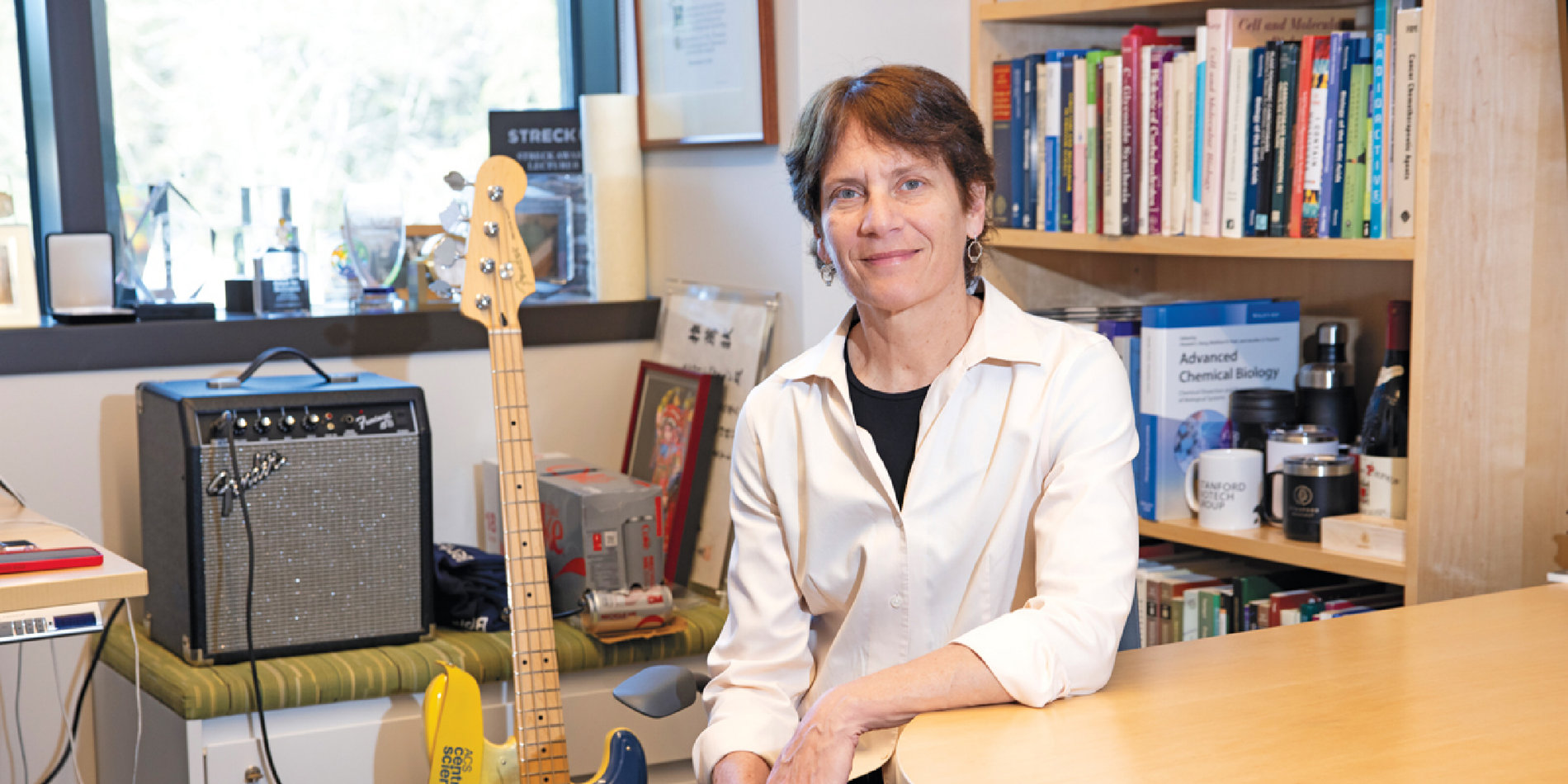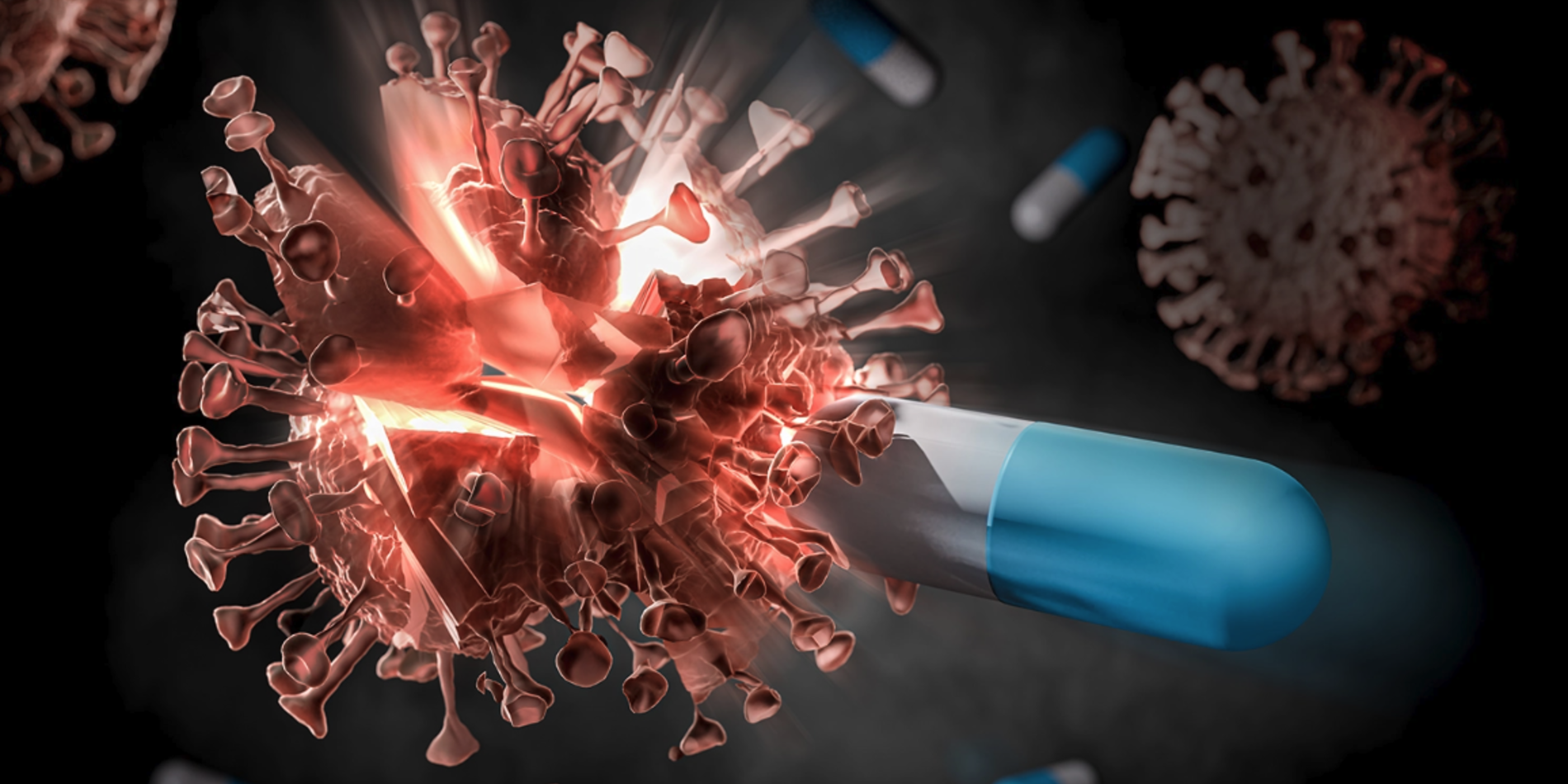Five teams awarded clinical research seed grants
Stanford ChEM-H has awarded five research teams $25,000 seed grants to pursue clinically relevant research as part of its Testing Molecular Hypotheses in Human Subjects initiative. The program, now in its second year, is designed to connect scientists or engineers exploring the molecular basis of disease with clinicians and their patients so that they may together develop ways to understand, prevent, diagnose, or treat disease.

This year’s awardees are tackling diverse problems in the diagnosis and treatment of cancers and infectious diseases:
Ami Bhatt (Medicine—Hematology, Genetics) and Andrew Rezvani (Medicine—Blood Marrow Transplantation) are exploring how the intestinal microbiome could impact immunotherapy strategies in patients with diffuse large B-cell lymphoma.
Uri Ladabaum (Medicine—Gastroenterology and Hepatology) and Shan Wang (Materials Science and Engineering, Electrical Engineering) are developing a blood test that could replace colonoscopies as a screening tool for colorectal cancer.
Sam Gambhir (Radiology) and Lawrence Recht (Neurology & Neurological Sciences) are validating if doctors could use a PET scan to get early confirmation if treatment is working for patients with glioblastoma, an aggressive brain cancer.
Carolyn Bertozzi (Chemistry) and Oliver Dorigo (Obstetrics & Gynecology—Gynecologic Oncology) are investigating how a biomarker of ovarian cancer, called CA-125, promotes cancer progression and testing if enzymatic scissors that cut CA-125 into pieces could be used as a therapy.
Niaz Banaei (Pathology, Medicine—Infectious Diseases) and Juan Santiago (Mechanical Engineering) are optimizing a tuberculosis test that uses patients’ plasma or urine, aiming to develop it into a point-of-care diagnostic. Read more about this project that could make it easier to diagnose TB in children or in patients with HIV here.
Last year, Stanford ChEM-H’s program funded six projects, including a project to better predict which kidney transplant patients might be more at risk for deadly infections after taking immunosuppressant drugs and another to develop a new, rapid blood test for aldehydes that could help doctors assess if a therapy is working in those with Fanconia anemia, a disease in which patients cannot fix DNA strands that have been damaged by aldehydes.



